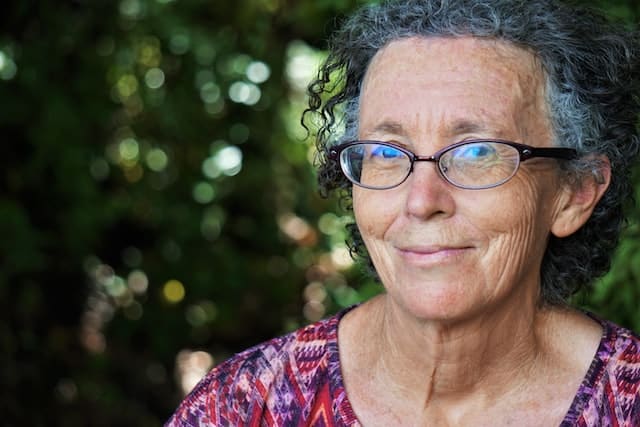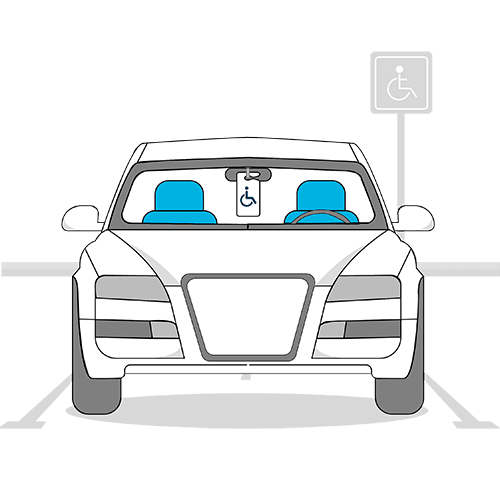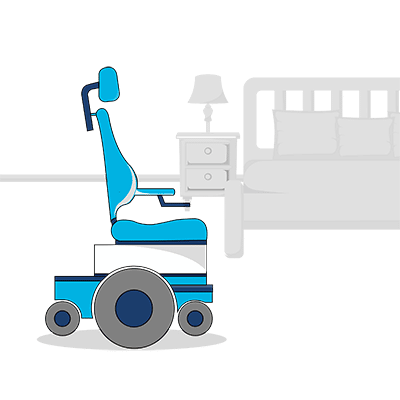The Albanese Govt has promised a raft of much needed reforms to the Aged Care Scheme, but should we be looking for more than just care for older persons?
Written by Policy Manager for the Physical Disability Council of NSW (PDCN), Hayley Stone
I’ve been thinking of this while reviewing the first tranche of reforms to the Aged Care Scheme proposed by the Labor Government. In doing so, reflecting on the fact that this is a once in a lifetime opportunity to get support for our ageing community right.
Now don’t get me wrong, I think that the reforms are great, and will go far towards improving aged care. However, what the NDIS has shown us is that practical, hands-on care is only one part of a holistic range of supports people need to live best quality lives.
Societal expectations for the disability community have moved from a medicalized model of disability. They now encompass a rights-based approach which empowers people with disability to participate as members of the community.
We need an all-inclusive approach
What I want to see in the reform of the Aged Care Scheme is a holistic approach to giving people the means and support to have quality of life as they define it.
Yes, a person under the Aged Care Scheme may need someone to help them to shower and dress in the morning. But what if they want to work part-time, and could benefit from some retraining or skills development? What if they aspire to learn to drive for increased independence or join the local bowls club to make friends? What if they want to join their local pool to keep fit and active?
Perhaps it’s time to move beyond ‘care’ to the type of wrap around support older Australians would really appreciate. The types of supports that build connection, independence, and capacity like the NDIS model – after all, life doesn’t stop after 65!

Aged Care Scheme must recognise community is key for older persons
It’s clear people want to remain engaged and connected with their communities as they age and there’s substantial evidence to show they’re all the better both mentally and physically because of it.
It’s now common knowledge that remaining active both mentally and physically assists in preventing many age-related conditions, including heart disease, diabetes, and Alzheimer’s.
From a purely pragmatic perspective, if we think of government costs associated with supporting an older person with complex health care needs, versus costs associated with targeted early intervention activities and supports, it just makes sense to keep the older members of our community healthy for as long as possible.
How individualised is the Aged Care Scheme, really?
For the past few years, I’ve been involved across lobbying for people over 65 who are excluded from the NDIS to have equal rights. (Read about the over 65 NDIS cut-off). The focus tends to be on tangible supports like equal access to assistive technology, or the removal of funding caps. I believe at the heart of this growing wave of frustration is the fact that the NDIS is truly person-centred in a way that the Aged Care Scheme just isn’t.
Aged Care has been the poor cousin for far too long. Australia’s older persons deserve better.
While the fundamental principles guiding the NDIS appreciate that people with disabilities have both aspirations and an implicit right to be able to realise them, the Aged Care System remains stuck in the past.
In public policy, framing can be used to limit or expand a social agenda.
The Labor Government’s reform of the Australian Aged Care Scheme is a once in a lifetime opportunity. It’s vitally important that we get it right, both for those now in the scheme and for future participants.
Older Australians deserve more than care – they deserve the opportunity to live well.








